The days are getting longer and spring is in the air. New England is awash with light and flowers. Even the rainy days feel manageable because at least the sun isn’t setting at 4 p.m. And, of course, there are the spring 2024 new releases in translation to look forward to! I have pored over the catalogs and galleys and highlighted some of the best spring 2024 new releases in translation, and because there is so much to choose from, I’ve added notes for others you should seek out as well! There’s something for everyone this season, with exciting debuts, thoughtful nonfiction, stunning poetry collections, and much more.
Readers will be particularly excited to see new titles from favorite authors like Bora Chung, Fiston Mwanza Mujila, and Iman Mersal and translators like Anton Hur, Roland Glasser, and Saskia Vogel. But I’ve included some authors new to English-language audiences as well. It seems like every year, the new titles in translation become more diverse and wide-ranging, especially when it comes to country of origin and language, and it’s a joy — and increasingly a wonderful challenge — to pick from them. As an added bonus, I’ve been looking forward to some new and upcoming novels written by two award-winning translators I deeply admire and recommend: The Extinction of Irena Rey by Jennifer Croft and Toward Eternity by Anton Hur.
Spring 2024 New Releases In Translation
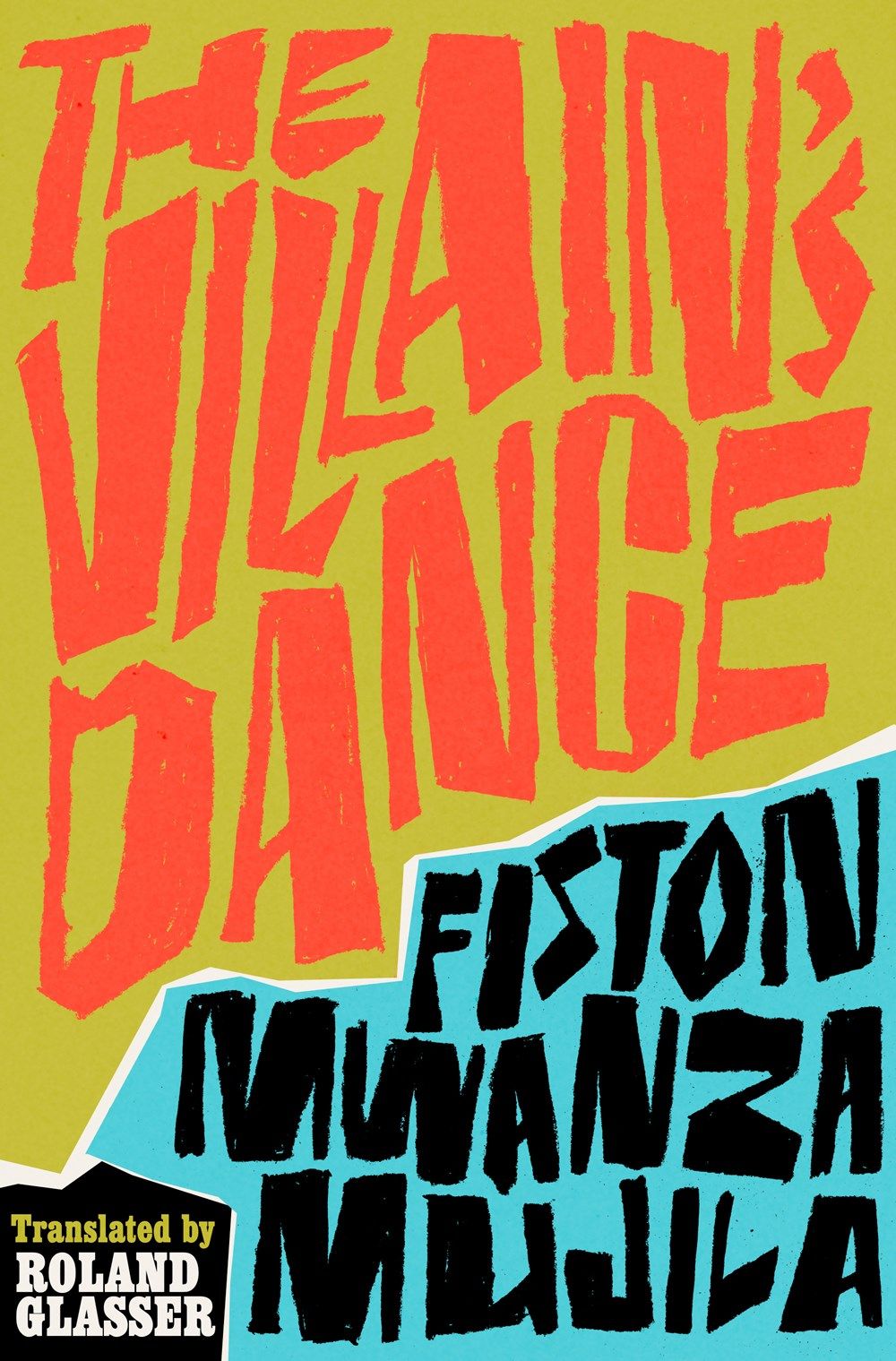
The Villain’s Dance by Fiston Mwanza Mujila, translated by Roland Glasser
Fiston Mwanza Mujila’s debut, Tram 83, was a revelation. An overwhelming force of a novel that, in Roland Glasser’s translation, sparked with rhythm and life. It went on to win the Etisalat Prize for Literature and the German International Literature Award and was longlisted for the International Booker Prize and the Prix du Monde. The duo’s long-awaited follow-up, The Villain’s Dance, is a similar riot of color and music. Set during the Mobutu regime in late-1990s Zaire, the novel spins between a cast of vivid characters as they try to survive in the midst of political turbulence. Beneath its urgent examinations of power and humanity, there is an electric hum, a tension, that kept me transfixed. (Deep Vellum, March 12)
And don’t miss The Understory by Saneh Sangsuk, translated by Mui Poopoksakul (Deep Vellum, March 19).
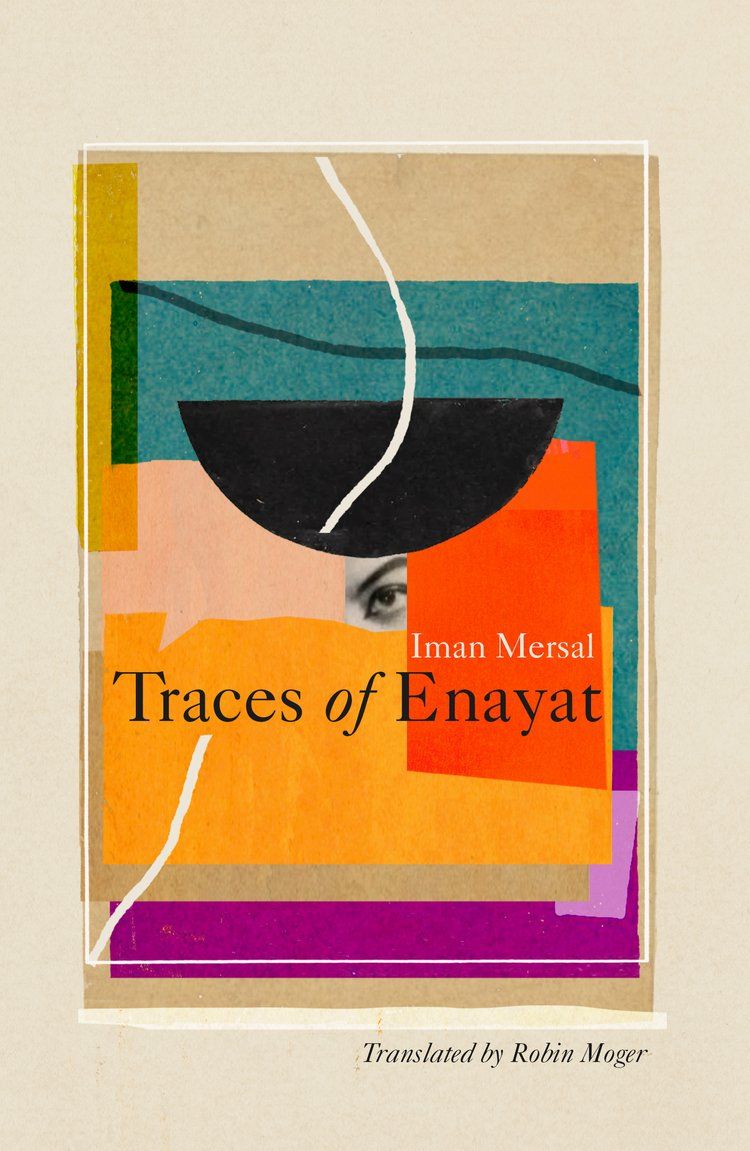
Traces of Enayat by Iman Mersal, translated by Robin Moger
Iman Mersal is considered by many to be Egypt’s premier poet, and I’d argue she’s one of the world’s foremost poets. So it was an immense joy to see The Threshold published last fall. It thoughtfully compiled work from Mersal’s first four collections, stretching over three decades, allowing readers to witness and experience the breadth of her immense talent. But I’ve long heard of her book Traces of Enayat, winner of the prestigious Sheikh Zayed Book Award — making Mersal the first woman to win in the literature category — and had hoped it would find its way into English translation. In this remarkable work of creative nonfiction, Mersal retraces the mysterious life and loss of Egyptian writer Enayat al-Zayyat, who took her life in 1963, at the age of 27, four years before the publication of her novel Love and Silence. It is a fascinating and multilayered project, intimate and complex, with captivating prose translated by Robin Moger, who I know from his jaw-droppingly beautiful translation of Slipping by Mohamed Kheir. (Transit Books, April 2)
And don’t miss The Novices of Lerna by Ángel Bonomini, translated by Jordan Landsman (Transit Books, May 7).
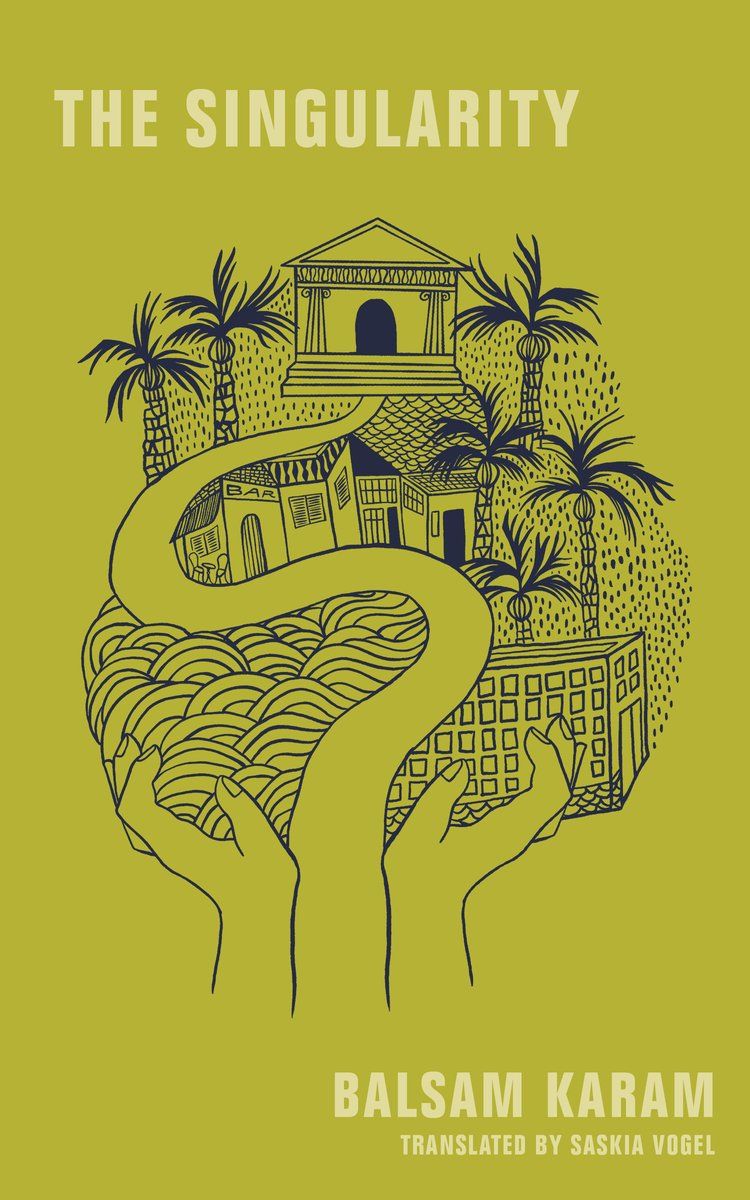
The Singularity by Balsam Karam, translated by Saskia Vogel
Balsam Karam is of Kurdish ancestry and has lived in Sweden since she was a child. She is an author and librarian, and The Singularity is her second novel, published in Sweden in 2021, but her English-language debut. The novel is set in an unnamed coastal city and follows the lives of two refugee women as they make their way in an unwelcoming world. Karam writes intimately of the women’s lives in prose that is compelling and complex, bracingly honest and heartrending. It is a novel of displacement and migration, of motherhood and grief and the intensity of the writing speaks to longing and possibility. (Feminist Press, January 24)
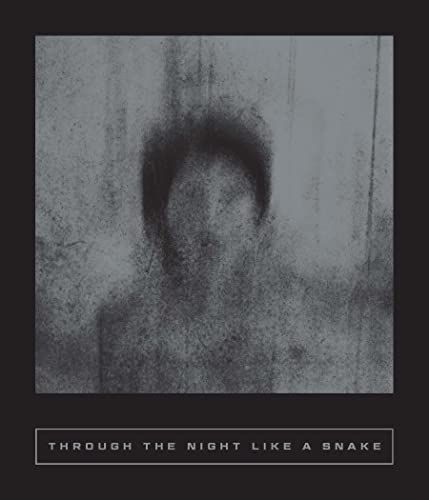
Through the Night Like a Snake: Latin American Horror Stories by Mariana Enriquez, Mónica Ojeda & Others, translated by Megan McDowell, Sarah Booker & Others
I’ve loved the Calico series from Two Lines Press since its inception. The series presents vanguard works of translated literature in vibrant, strikingly designed editions. Each year, they publish two new titles in the Calico series, and each is as good, if not better than the last. Ranging from speculative Chinese fiction to Arabic poetry, Swahili fiction, and more, each book in the series is built around a theme and captures a thrilling and unique moment in international literature. Latin American horror is, in my mind, one of the most exciting literary movements happening today, and Through the Night Like a Snake brings together ten chilling stories in what feels like an ongoing series of nightmares. You can’t drag yourself away — nor do you want to. (Two Lines, March 12)
And don’t miss Woodworm by Layla Martínez, translated by Sophie Hughes and Annie McDermott (Two Lines, May 12), and Off-White by Astrid Roemer, translated by Lucy Scott and David McKay.

Your Utopia by Bora Chung, translated by Anton Hur
Bora Chung’s first book published in English, Cursed Bunny, was a genre-defying collection that pulled from horror, science fiction, and fantasy with a powerful feminist and anti-capitalist lens. This new collection is more firmly planted in the realm of science fiction, but like its beloved and award-winning predecessor, it contains multitudes. The stories are populated with robots, sentient vehicles, AI elevators, spaceships, and more, but are linked by Chung’s poignant meditations on loneliness, dystopia, surveillance, and the perils of technology. Acclaimed translator Anton Hur thoughtfully captures all of the collection’s dark humor and power with the immense artistry he’s become known for. (Algonquin, January 30)
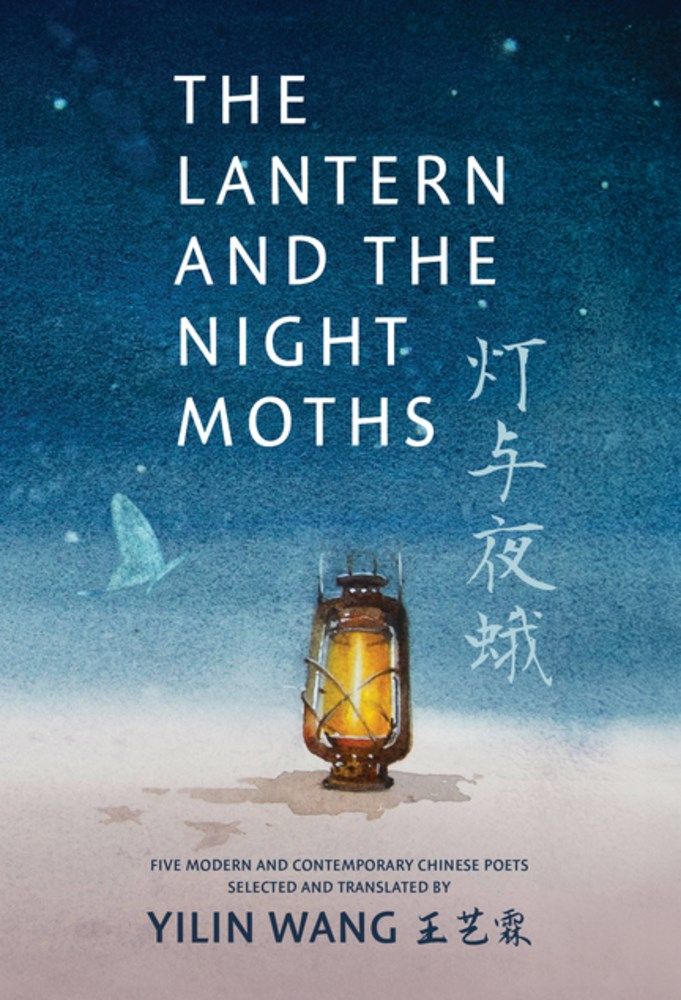
The Lantern and the Night Moths: Five Modern and Contemporary Chinese Poets in Translation by Yilin Wang
In this stunning new collection, Chinese diaspora poet-translator Yilin Wang has selected and translated poems by five Chinese poets, including Qiu Jin, Fei Ming, Dai Wangshu, Zhang Qiaohui, and Xiao Xi. While there’s an immense range in the poems themselves, themes of identity and longing/belonging emerge. Autumn moons and spring flowers abound, but also the power of language and poetry. I was deeply moved by Wang’s essays for each poet. “Poetry is one of my rare lifelines,” she writes in the epigraph of the book, and there is so much that is deeply personal in these essays. She includes thoughtful biographical information about the poets and discusses the fascinating art and craft of translation, but I was most struck by the way she reflects on how the poets speak to each other and speak to her. (Invisible Publishing, April 2)

Ǣdnan: An Epic by Linnea Axelsson, translated by Saskia Vogel
“We were to be driven from the forest fells and lakes . . . now each step homeward in autumn was a departure from our lives.” Ǣdnan is Sámi-Swedish author Linnea Axelsson’s haunting and powerful award-winning debut. It follows two Sámi families over the generations, grappling with the loss of their culture and identity — forced off their migration paths, placed in nomad schools, and countless other losses. Told in verse, the story feels mythic and fittingly epic. Reindeer stalk across the landscape and the ever-changing sea is always present in Axelsson’s subtle and spare language, captured in all of its piercing beauty by translator Saskia Vogel. (Knopf, January 9)
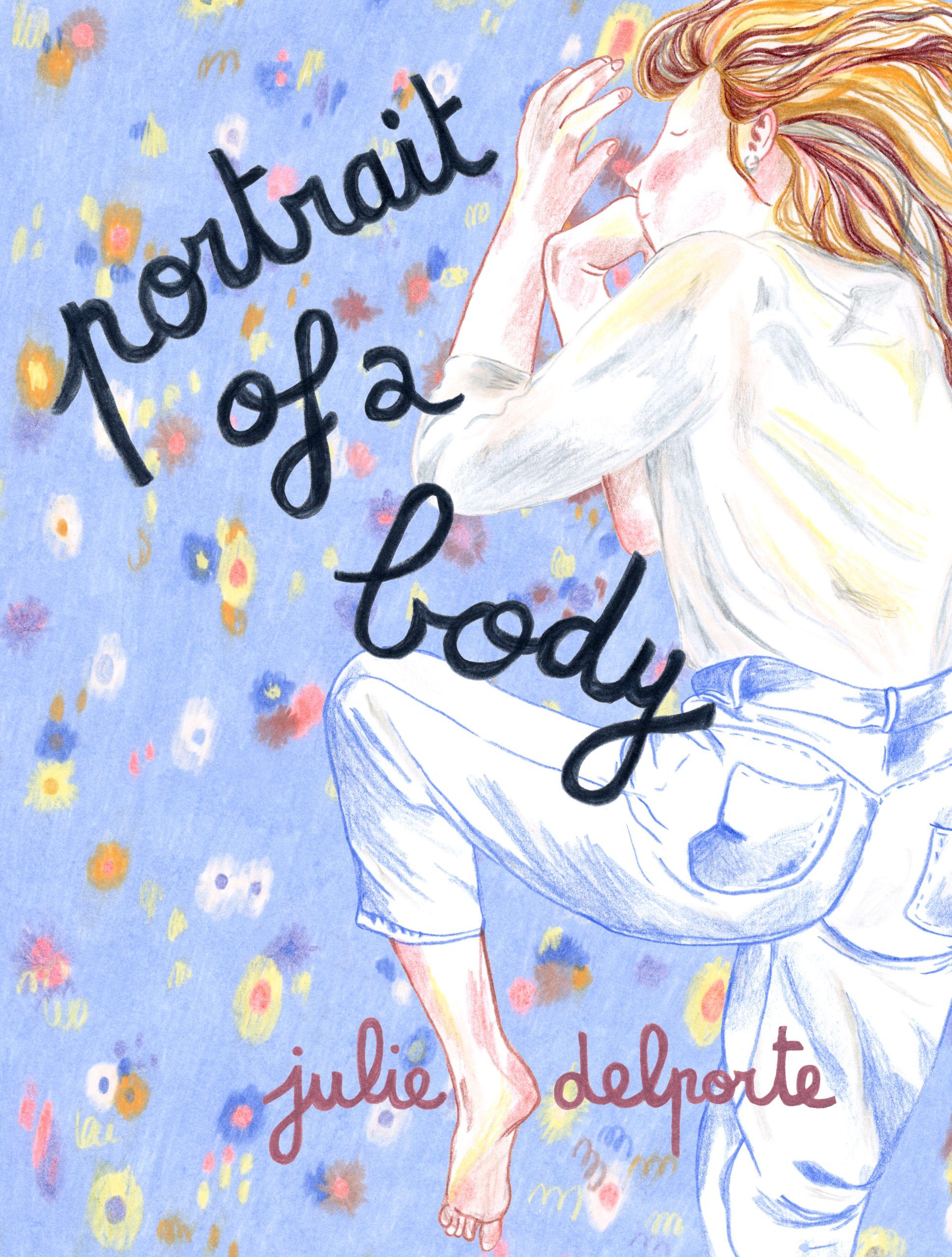
Portrait of a Body by Julie Delporte, translated by Helge Dascher and Karen Houle
Drawn & Quarterly has the most fantastic offerings of literature in translation, so I was thrilled to hear about this new title by Julie Delporte, whose previous book, This Woman’s Work, translated by Helge Dascher and Aleshia Jensen, I adored. In Portrait of A Body, she reflects on sexuality, identity, and healing. She blends autobiography, queer theory, and art criticism as artfully as she blends the colors in her illustrations. The colored pencil drawings are vulnerable and beautiful, both complimenting and contrasting with the strength of Delporte’s story to stunning effect. (Drawn and Quarterly, January 16)
As always, you can find a full list of new releases in the magical New Release Index, carefully curated by your favorite Book Riot editors, organized by genre and release date.
And for some incredible new releases in translation from last year, check out this list of the Best New Releases In Translation Out Fall 2023.

